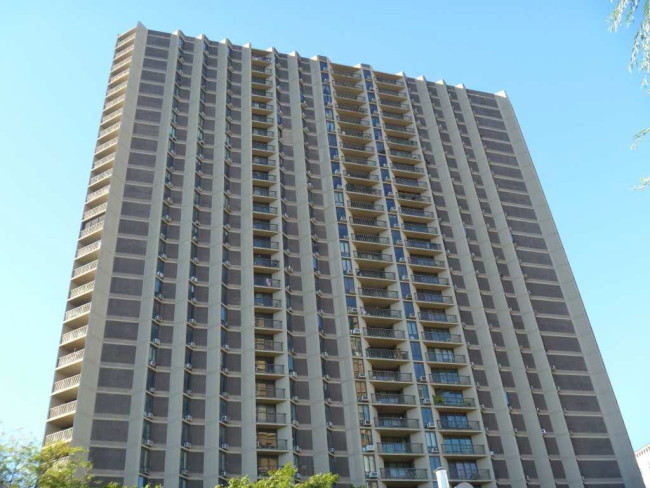What happens when the owner of a NYC co-op dies?
What happens when a co-op owner dies and doesn’t leave a will, or who dies with a will giving it to someone, but that person is not approved by the board?
Most co-op buildings outline in their proprietary leases what should happen in the event of a shareholder's death, our experts say. The terms of those leases, as well as the shareholder's will (if they left one), determine how to proceed.
"Some proprietary leases require a board to allow transfers to spouses, domestic partners, and/or other family members," says Jeffrey Reich, a partner at Schwartz Sladkus Reich Greenberg Atlas. "Other proprietary lease impose a 'reasonableness' standard on a board’s decision to approve a transfer to a 'financially responsible' spouse, domestic partner or family member. Yet other forms of proprietary lease leave the approval of all such transfers to the discretion of the board."
"When a cooperative shareholder passes away, the heirs need to review the terms of the shareholder’s will, if any, and the terms of the cooperative’s proprietary lease," says Jeffrey Reich, a partner at Schwartz Sladkus Reich Greenberg Atlas.
It's likely that if the heir named in the will wants the apartment and is qualified financially to take it on, they'll be approved.
"However, if they’re not qualified financially according to standards that the building deems appropriate, then they will not be approved as the owner and the estate will be asked to sell the unit," says Deanna Kory, a broker with Corcoran.
Most often, though, Kory says, the beneficiary named in the will declines to move into the apartment and instead sells it.
"If the decedent’s heirs are neither a spouse nor a family member, or even if they are, but choose not to take ownership in their own names, then the executor or administrator of the decedent’s estate can sell the apartment on the market, and the sale is subject to the approval of the Board," says Kevin McConnell, a partner at Himmelstein, McConnell, Gribben, Donoghue & Joseph (a Brick sponsor.)
When there is no will, the matter goes to Surrogate's Court, which will appoint an administrator of the estate to determine how the shareholder's assets are divided among heirs.
These rules apply only to private co-ops; McConnell notes that Mitchell-Lama and other government regulated co-ops have their own set of standards.
Trouble at home? Get your NYC apartment-dweller questions answered by an expert. Send your questions to [email protected].
You Might Also Like





























